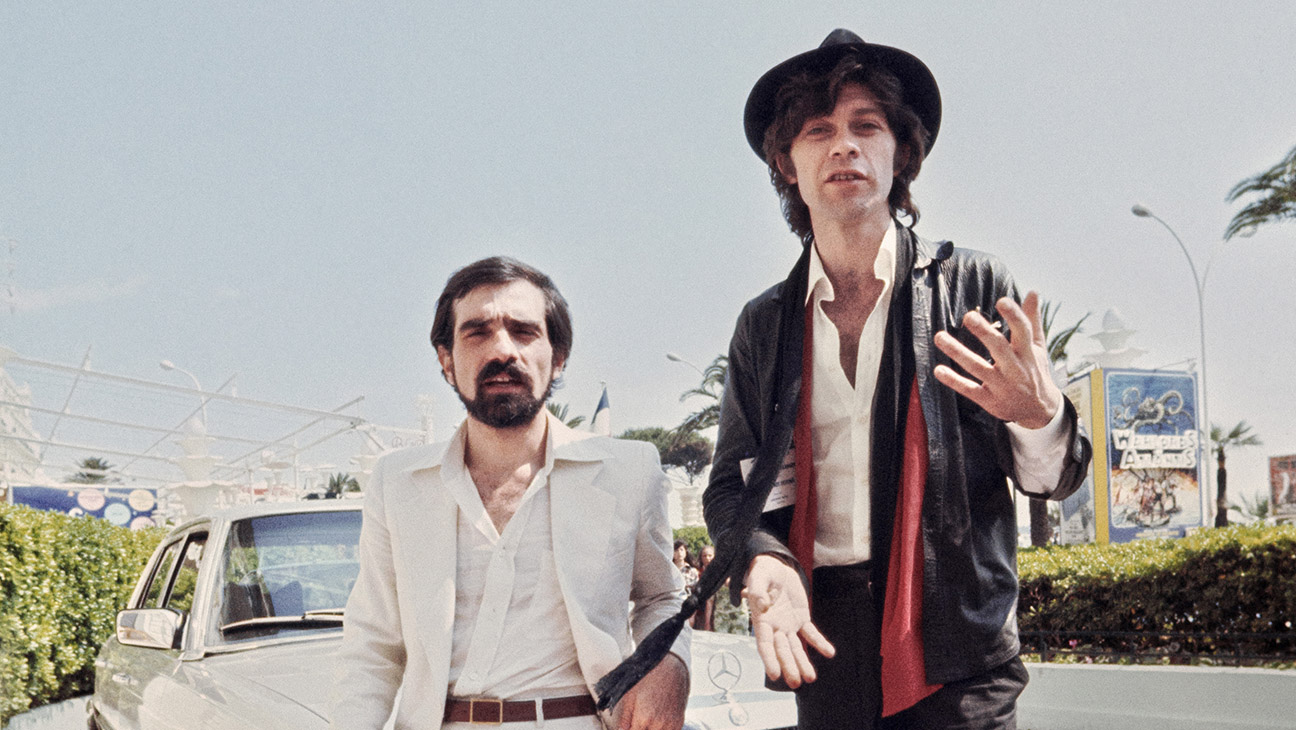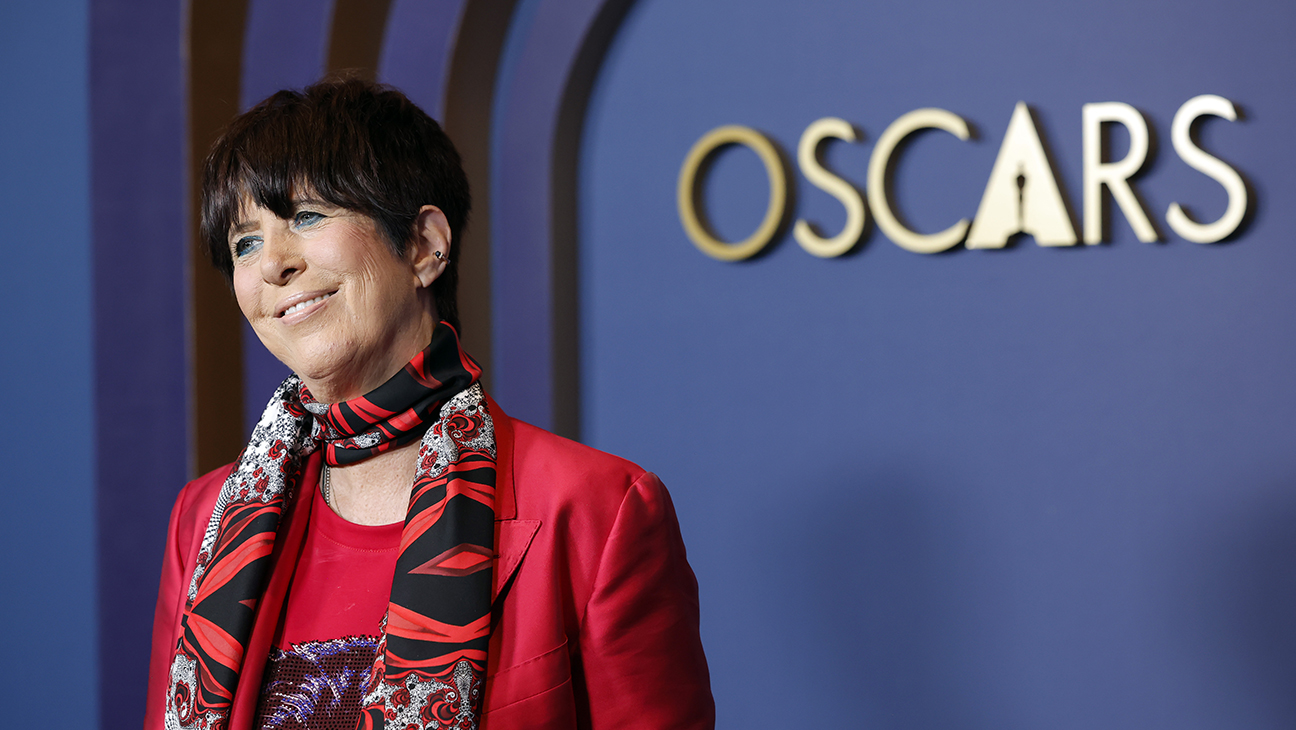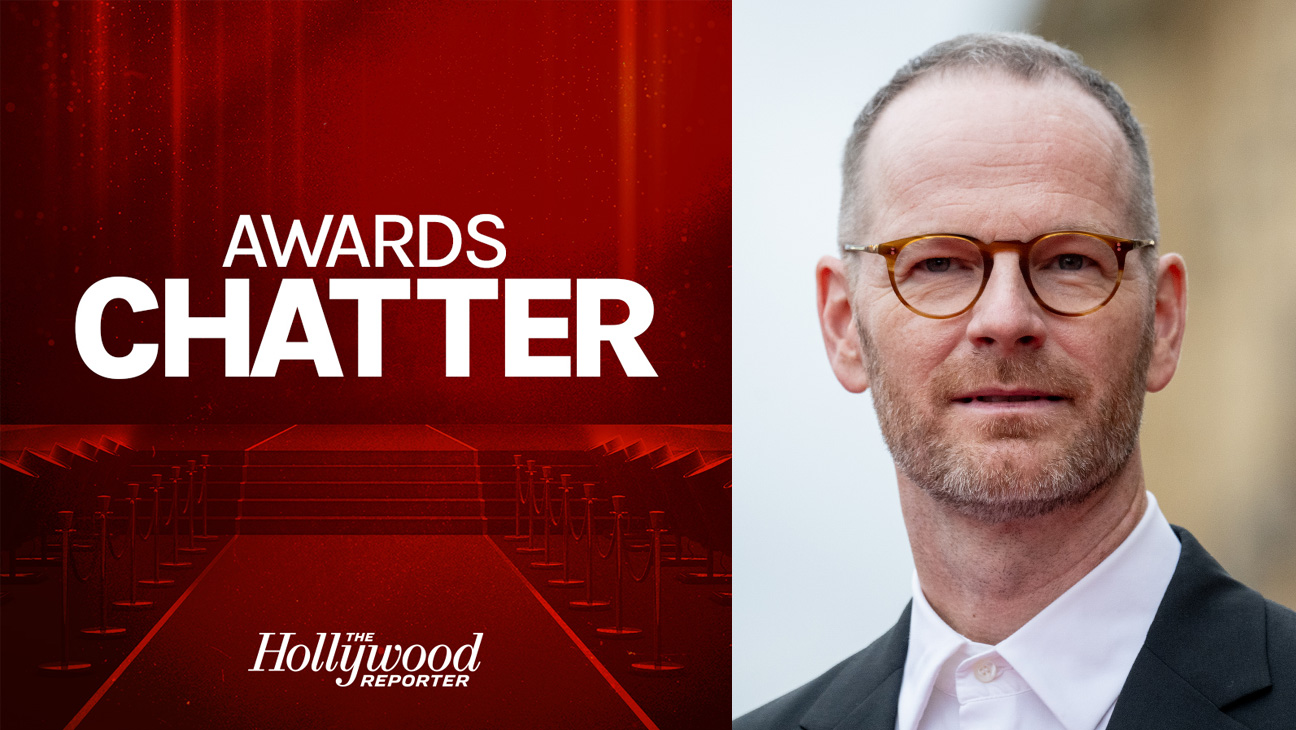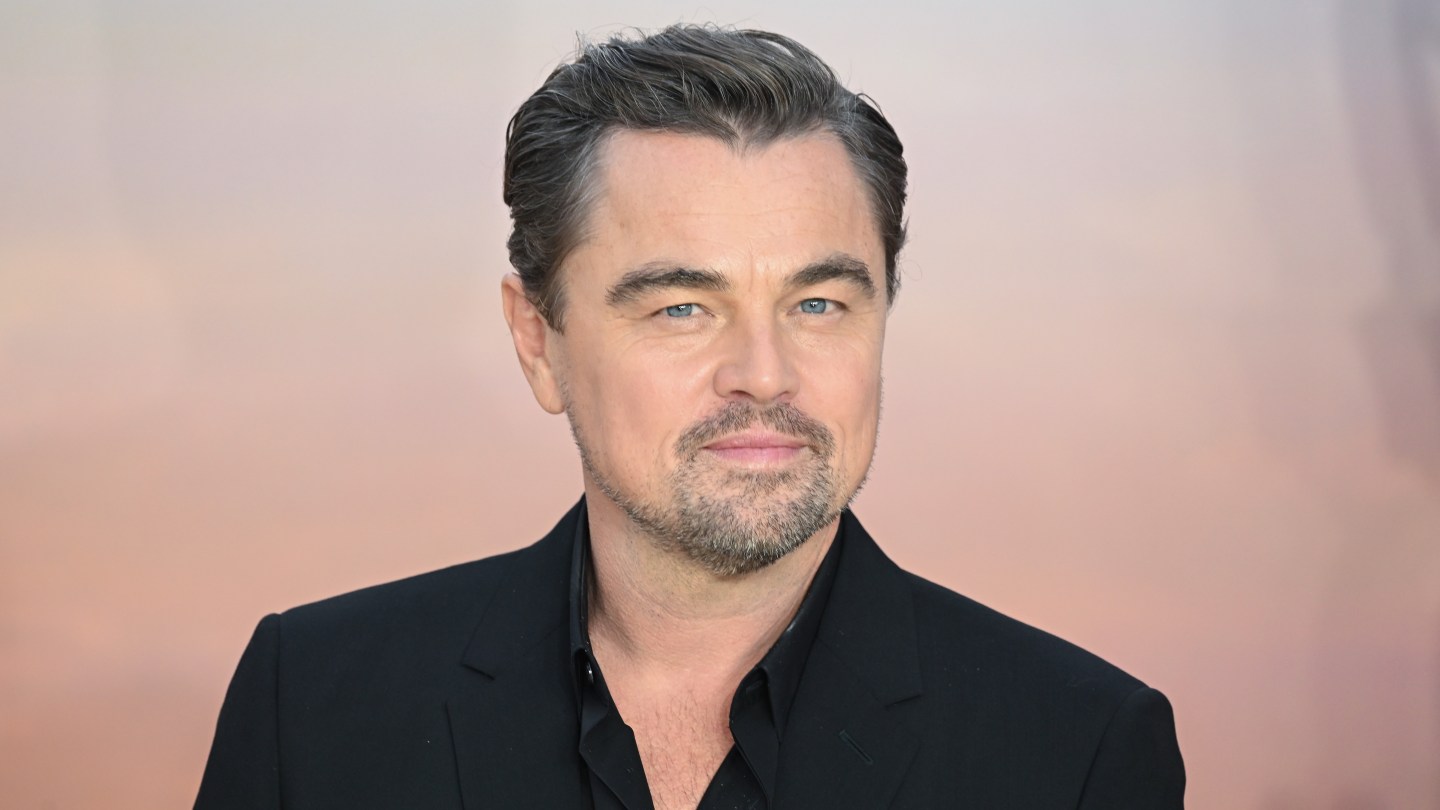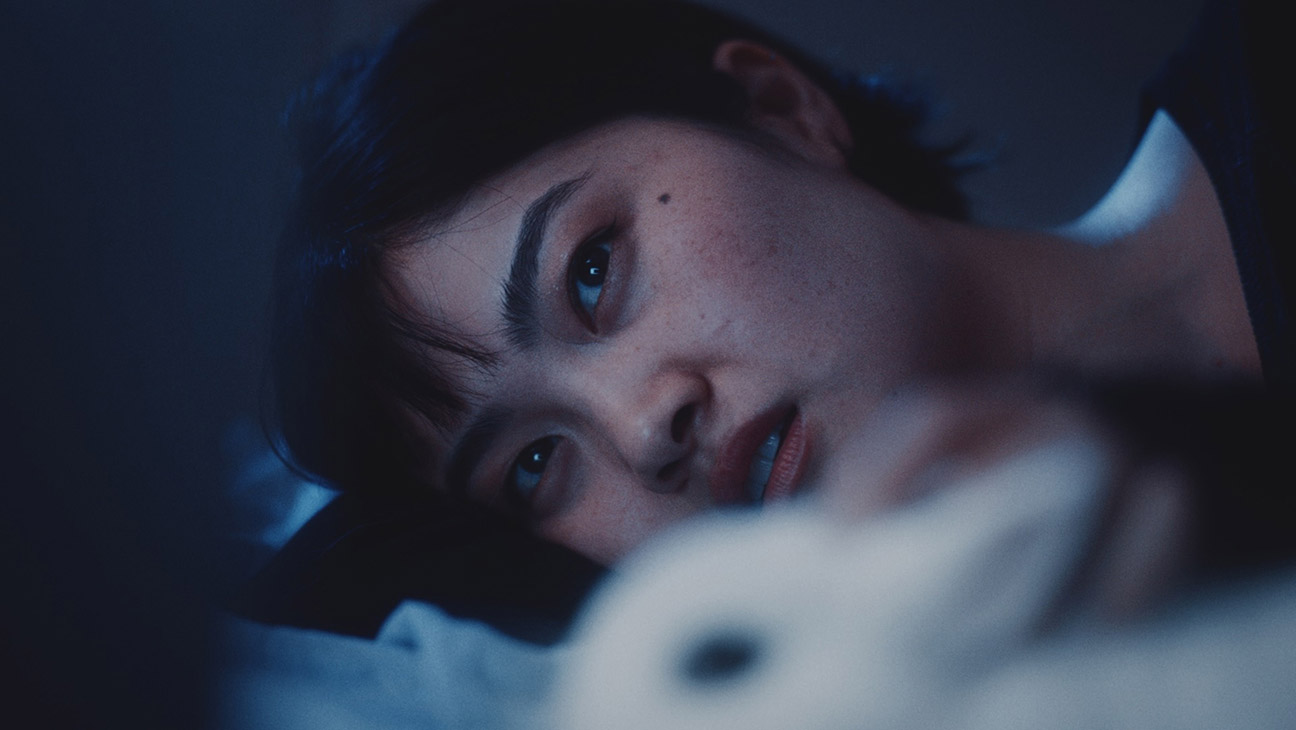On Thanksgiving Day 1976, the rock group the Band performed a star-studded show at San Francisco’s Winterland Ballroom, in what was billed as its farewell appearance. Among the famous guests were Muddy Waters, Eric Clapton, Joni Mitchell, and Bob Dylan. Up-and-coming arthouse director Martin Scorsese was tapped to shoot the concert. Co-produced by the Band’s guitarist Robbie Robertson, the resulting film, The Last Waltz, would be hailed as one of the greatest music documentaries of all time. But as Robertson, who died in 2023, reveals in this exclusive excerpt his new memoir, Insomnia, a violently disgruntled Hells Angel threatened to derail everything.
***
After the screening of The Last Waltz in 1978 with his director friends, Marty made more edits to the film, some of them inspired by their feedback. He didn’t tell me what the changes were so that I could feel them rather than look for them.
Now it was time to start showing it to the guest artists, who would need to sign releases for their appearances. Most of these were given gladly. Van “the Man” Morrison was quick to sign off; he might have been as happy with his performance as we were. Joni Mitchell, too—she looked stunning and sang beautifully, not only on her own song “Coyote,” but also quite dramatically on “Helpless,” with our fellow Canadian Neil Young. Neil Diamond was concerned about one of his camera angles, where he thought his profile wasn’t flattering. Marty assured him it was just that the lighting was washed out. After color correction and timing, it wouldn’t be a problem. Muddy Waters was very happy. He knew he’d killed it. Paul Butterfield, Dr. John, and Ronnie Hawkins signed off before they even saw the footage. Bob Dylan was concerned about the timing of this movie with that of his film Renaldo and Clara, so we said we’d wait until after its release before coming out with The Last Waltz.
By the time I reached Neil Young, he had started making a film of his own. After the Last Waltz concert, he had sent me a beautiful wooden cigar store Indian as a thank-you. Later, he asked if he could borrow it back for a scene in his movie. After some time went by, I asked if he was done with my wooden Indian, which I had named Kaw-Liga, after the Hank Williams song. “Oh, there was a shot in the movie where we set fire to a bunch of wooden Indians,” Neil explained. “So it got destroyed. Sorry, man.” All for art, I guess. What are you gonna say? But Neil had a problem with his performance in The Last Waltz. He had loved performing with the Band, but in the film you could see he had a rock of cocaine in his nose. He asked if we could remove it somehow. He had young kids and didn’t want that to become a thing. I told Marty about Neil’s concern, and he said there was a technique they could use to mask the cocaine, called a “fly.” It was an expensive and time-consuming process, but I assured Neil we would take care of it, and he agreed to sign off.
All the poets who appeared in the movie had been arranged for by my friend Emmett Grogan, author and founder of the improv troupe the Diggers. He put together a hell of a lineup, including Beat legends Lawrence Ferlinghetti and Michael McClure and Bill “Sweet William” Fritsch, a Hells Angel poet. Ferlinghetti and McClure signed off no problem, but Sweet William wanted to see how his poem was being used in the film.
Our production assistants, Ava Megna and Sylvia Lovegren, along with the agent Harry Ufland, had arranged a screening at MGM for the heads of the Cannes Film Festival. We thought Sweet William and another Hells Angel friend of his could see it at the same time. Marty and I decided to let the festival people see it on their own, so it wouldn’t look like we were trying to schmooze them. The screening ran in the late afternoon at the Clark Gable Theater on the MGM lot, and because Marty and I worked late, like the night owls we were, we were back at his place waiting to head into the editing studio.
Around the time the screening was supposed to end, the phone at Marty’s rang, and I picked up. It was Ava and Sylvia, calling from our office. I could tell right away by the sound of Ava’s voice that something had gone terribly wrong. She said that after Sweet William’s performance in the movie, he went absolutely berserk. He started ripping seats out of the theater and screaming at the top of his lungs. It scared the hell out of the Cannes Festival people. “William and his Hells Angel buddy have locked the doors and are holding Sylvia and me hostage,” said Ava. “They are threatening us and making demands. Please help. We’re being held like prisoners.”
In my current state, bad thoughts started to creep in. The girls could be beaten, raped, or god knew what. Ava and Sylvia, whom we called Sly, were in their late twenties or early thirties, and not in a million years did they think they’d be dealing with someone like Sweet William. They must have been terrified. But I figured they knew there was nothing they could do except stay calm and avoid doing anything to set the situation on fire.
As I listened to Ava and Sly describing what was happening, I could hear Sweet William ranting. But all the voices seemed to be in the background, like no one was speaking right into the receiver. Ava would describe the overall scene, and then Sylvia would offer a bit of commentary: “It doesn’t look good.”
“They’re making demands,” said Ava. “We don’t have cash, we don’t have any drugs here.”
“Not sure if that would be good for the situation anyway,” Sly chimed in.
Meanwhile, I could hear William and his friend in the background, their demands seemingly growing in the moment. “Well, I think we need to get some motherfucking pot, man! And while we’re at it . . .”
It was a crazy moment. I was trying to gather my thoughts as Marty paced in front of me. What do you do in a fucking case like this? I wondered. I didn’t know that I’d ever had to deal with a situation quite like this one before. How could I defuse this thing? How could I smooth it out? Do we get cash over there? Cocaine? Marijuana?
Then Sweet William came on the line cursing and threatening in a low, creepy voice.
I said, “Hey, William, what’s wrong, man? Why are you acting like this? Tell me what the problem is and we’ll fix it.”
“You’ve shortened my poem and taken the soul out of it,” he growled. “I’ve been violated. You’re destroying my confessional about our brothers from the Hells Angels that were murdered in the Okefenokee Swamp, in Florida, by the fucking cops.”
Sweet William had performed during intermission at the Last Waltz concert, so I hadn’t seen him live. But I had seen the strange, incredible footage of his poem. The way Marty cut the scene, you saw William dragging one leg behind him coming out to the microphone. He’d step, stop, then drag the other leg forward. In one hand, he clutched a shredded leather book that looked like some sort of Scripture. Seeing this guy and his grizzled look, cigarette in hand, smoke streaming up—it was really something. When William got to the microphone, he delivered his poem about Hells Angels being murdered in the swamp by the police. Like a lot of poems, it went on a little long. To make it work in the movie, we had to tighten it up, give some punch to it, make it dramatic, outrageous. It never crossed our mind that he might be upset about this.
It turned out he was a little upset. “You can’t take one word out of this declaration or I’m coming for you,” he barked. “Why don’t you come down here now, and we’ll settle this?”
“This is a movie, William,” I said. “We have to do what works for the picture. So, what, we can edit Bob Dylan or Ferlinghetti or Muddy Waters, but we can’t edit the great Sweet William?”
“That’s right, motherfucker! And here’s what I want, or I’m going to do some real damage here. My partner and I need, delivered immediately, one thousand bucks, an ounce of cocaine, and for you to put my whole poem in the movie—or you can’t imagine what we’re going to do to your little secretaries.” Then he hung up.
Marty and I sat there stunned, turning these demands over.
“Well, we can’t call the police,” I said, “especially not after what he said about the Angels killed in Florida. That could be the most dangerous idea.”
Marty stroked his beard. “Right. We have to get the girls out of there safely.” He paused. “But we can’t use the whole poem. It’s very long. That’s impossible.”
Because I didn’t know William personally, I wasn’t sure how dangerous he might be, but he sounded lethal. Then something dawned on me that I thought might work. I called the office again, and Sylvia answered. “Are you guys okay?” I asked.
“Something needs to happen quick,” she whispered. “It’s getting heavier by the minute.”
She put William on, and I said, “I know Sonny Barger. Why don’t we let him look at your performance in the movie.” Sonny Barger was the head of the Oakland Hells Angels.
“Sonny’s the man. And he can decide whether this is okay. Sonny can watch it and decide if it stays or if we have to take it out.”
There was a lull on the other end. All I could hear was breathing. Bringing up Sonny Barger had stopped everything in its tracks.
Finally, William answered: “I don’t want Sonny to have to decide—or anyone else. I’m deciding, and I’m deciding right now. Take it out. Cut me out of the movie. That’s all. I can’t live with it like this, so just take it out.”
“We will,” I said, “if that’s your decision.”
“That’s what I want!” And he slammed the receiver down. Ava and Sly called back in a few minutes and said they had heard the Angels’ motorcycles tearing off from the lot. We all exhaled a deep sigh of relief, especially the girls. I looked up at Marty, and he actually seemed a touch disappointed. “Well, I’ll tell the editors to remove the poem,” he said, shaking his head. “We’ll have to see what this does to the structure . . .”
Excerpted from INSOMNIA by Robbie Robertson. Copyright © 2025 by Jaime Robbie Robertson. Published by Crown, an imprint of the Crown Publishing Group, a division of Penguin Random House LLC.

